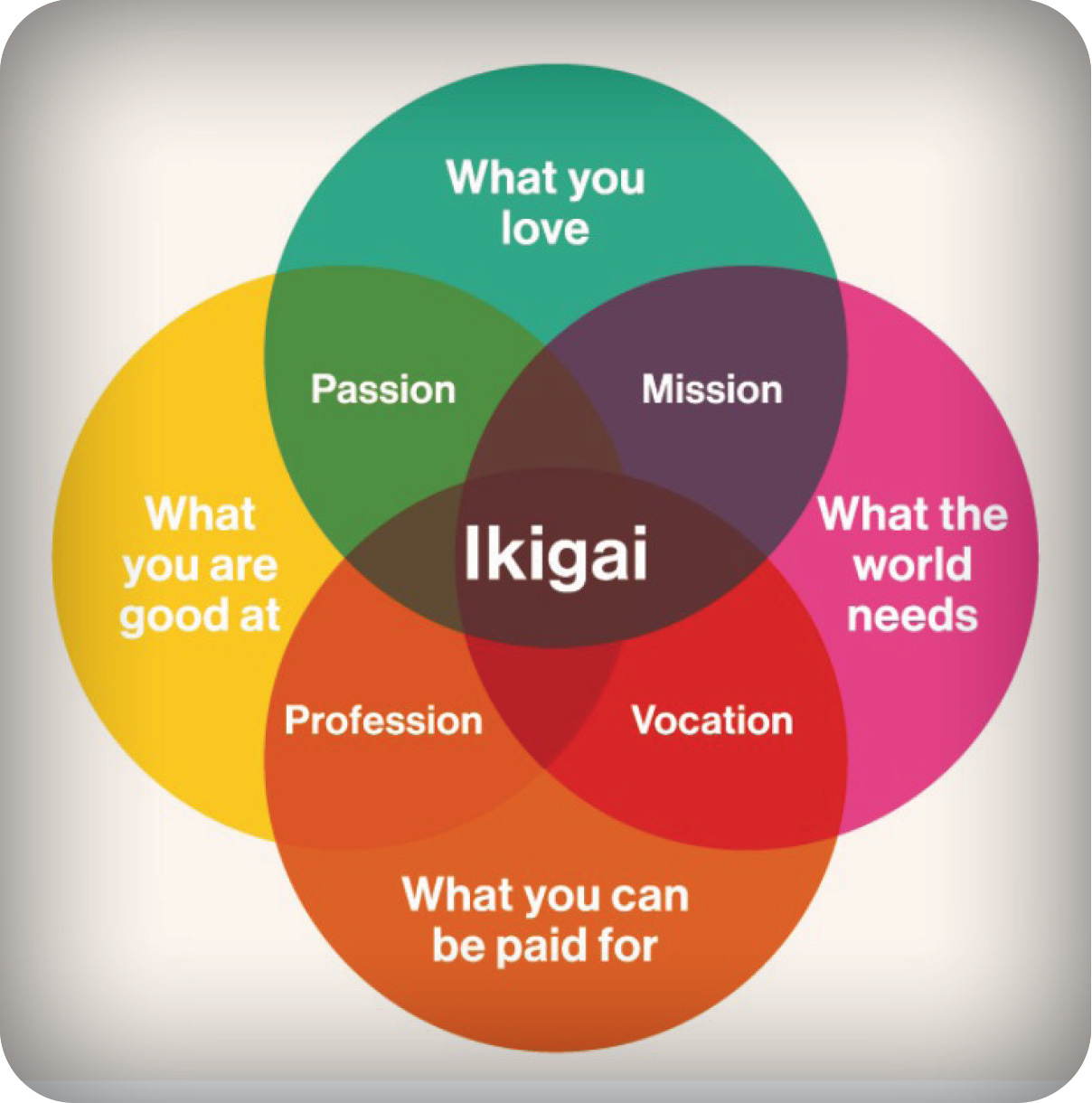The human side of retirement: Moving beyond the numbers

The financial services industry has made a major effort to help Americans plan for a financially secure retirement. But the industry must do more to help Americans plan for how they will live out their nonworking years, according to a former MetLife vice president and long-time industry observer.
Joe Jordan is an industry speaker and author of Living a Life of Significance. He has traveled the globe, delivering the message of purpose-driven financial planning. He told InsuranceNewsNet that although the industry has focused its efforts on getting Americans to save more for retirement, saving enough money is only part of a retirement plan.
“Everybody knows that people are living longer, and that people need to save more money to fund a longer retirement,” he said. “But what has been minimized in our business is the emotional aspect of retirement planning.”
Jordan promotes the concept of life-
centered planning. “It’s the idea of what are you going to do after you retire,” he said.
When pensions once ruled
During the decades when defined benefit pensions ruled the retirement landscape, “corporations told their people, ‘You work your butt off and then when you retire, it’s going to be beautiful,’” Jordan said.
“But it’s not beautiful,” he said. “People aren’t meant to not do anything in retirement. But that was always the fantasy in our business. We thought all we had to do was make someone financially secure and then we’re good.”
Jordan said some who study the behavior of older Americans began to realize that people lose a lot when they retire.
“They lose their routine, they lose their identity, they lose relationships, they lose purpose, and they lose power.”
People change in retirement
Jordan is 72 years old and said most of his counterparts are retired and he sees a change in them since they exited the workforce.
“Some of them are always aggravated, they’re always angry about something. It’s the stereotype of the old man yelling, ‘Get off my lawn,’” he said. “Some of them are angry about stuff that happened eight, nine years ago.”
Observing his peers adjust to life in retirement inspired Jordan to consider how the industry must not only make retirees financially secure but help them recognize “that they have to do something other than just be retired.”
Jordan quoted a 2020 report by McKinsey & Co., “Predicting What Wealth Management Will Look Like in North America,” that said, “In the next 10 years, advisors will gradually shed their role as investment managers and become more like integrated life/wealth coaches.”
“I began to realize that we’ve put so much emphasis on being analytical and dealing with numbers,” he said. “To me, it’s not a story about numbers. It’s the number of stories.”
Jordan said that realization led him to believe that the industry “must become more human to counter what’s coming at us from a technological point of view.”
“Richard Thaler, winner of the Nobel Prize in economics, said people don’t use logic when they make financial decisions,” he said. “The industry must do more to bring the right brain, the emotional brain, into the loop because that’s where decisions are made.”
Beyond numbers to the human side
Retirement planning must “go beyond solving the numbers problem,” Jordan said, and look at what he called “the human side” of retirement.
He pointed to the Japanese island of Okinawa, famous for being one of the Blue Zones, places in which people live longer due to strong family ties, a healthy diet, regular exercise and a sense of purpose.
The Okinawans have a sense of purpose called ikigai. The concept of ikigai “is a great way for people to discern what they are going to do with their lives,” Jordan said.
“It’s asking the questions: What do you love? What are you good at? What can you be paid for? What does the world need? And then from there, you continue through these decision processes to determine your purpose.”
Most people want to live long and productive lives, Jordan said, but must determine what they will do throughout all the stages of their lives. This is where the industry can help give them direction.
“That’s the thing that I see we need to do: go beyond the numbers and be able to get people to think about what they’re going to do. What are they going to do with the money they saved? How are they going to think through their retirement? And when people can answer these questions, it will extend their lives.”
People don’t know what they want
The industry must focus less on asking people about their financial goals in retirement, Jordan said, as most people can’t answer the question.
“Too often we take a left-brain, analytical approach to planning,” he said. “We talk about numbers and we talk about product but we’re not really talking to people. We ask people what their financial goals are and, too often, they have no idea.”
Instead, Jordan said, advisors must ask clients, “What do you want to do in retirement? Do you really want to be rich? Or would you rather have a guarantee that you’ll never be poor? And that really stimulates people to think. It creates more of a connection.”
The industry has come a long way in creating products and services to help people save for retirement and create streams of income after their days of collecting a paycheck from their employer are over, Jordan said. But the industry must go a step beyond explaining these products to consumers.
“It’s the idea of presenting these products and explaining them but then also asking clients what they are going to do when they retire,” he said.
Retirees of modest means are often happier in retirement than those who squirreled away millions of dollars over their lifetimes, Jordan said.
“Some people who have all the money and all the other stuff are absolutely miserable in retirement,” he said. “The ones who are happy are the ones who are connecting with others. It’s other people who give our lives meaning and purpose by providing community connection — it’s as simple as that.”
The industry must move toward making more human connections, Jordan said. He reflected on his lengthy career in the business.
“When I started in the business, it was all about making package sales, then it moved toward planning,” he said. “I think the next phase will be creating relationships with people.”
Susan Rupe is managing editor for InsuranceNewsNet. She formerly served as communications director for an insurance agents' association and was an award-winning newspaper reporter and editor. Contact her at [email protected].






Life insurance must zoom at the speed of Gen Z
Leading a 175-year-old ‘startup’ — With National Life’s Mehran Assadi
Advisor News
- Does your investor client know how much they pay in fees?
- Get friends to do business: 2 distinct approaches
- Unlocking hidden AUM: Prospecting from within your client base
- Protests in D.C. Take Aim at Health Insurance, Financial Institutions, Oil & Gas Interests
- Charitable giving tools available for taxpayers; due to expire
More Advisor NewsAnnuity News
Health/Employee Benefits News
- Will RFK Jr. make America healthy again?
- CT senator wants to restrict insurance companies from using AI to decide health care
- Genworth and CareScout Release Cost of Care Survey Results for 2024
- Ensight and Luma Financial Technologies Partner to Transform the Life & Annuity Sales Experience for Financial Professionals
- Social Security & You: Older people and Social Security disability
More Health/Employee Benefits NewsLife Insurance News